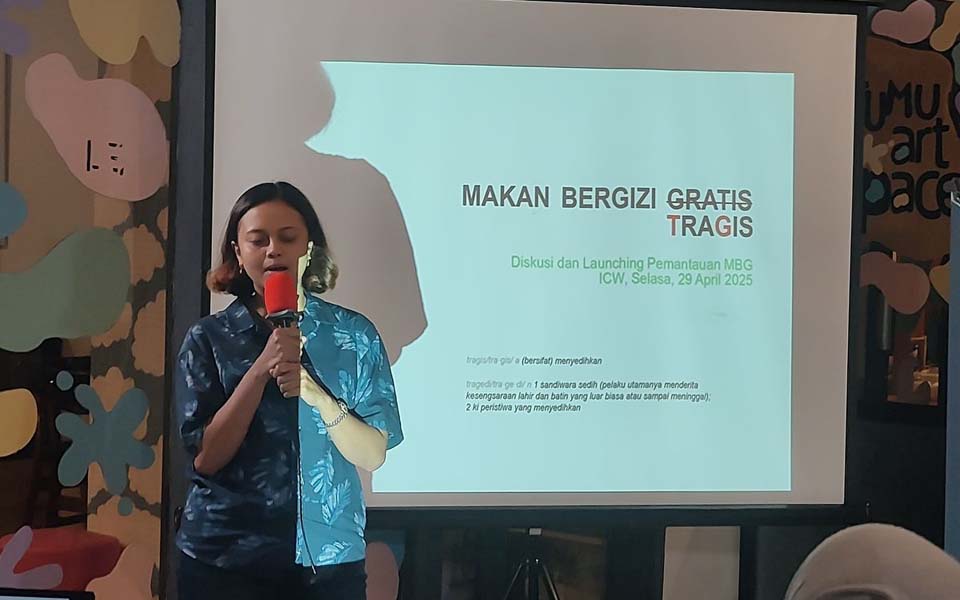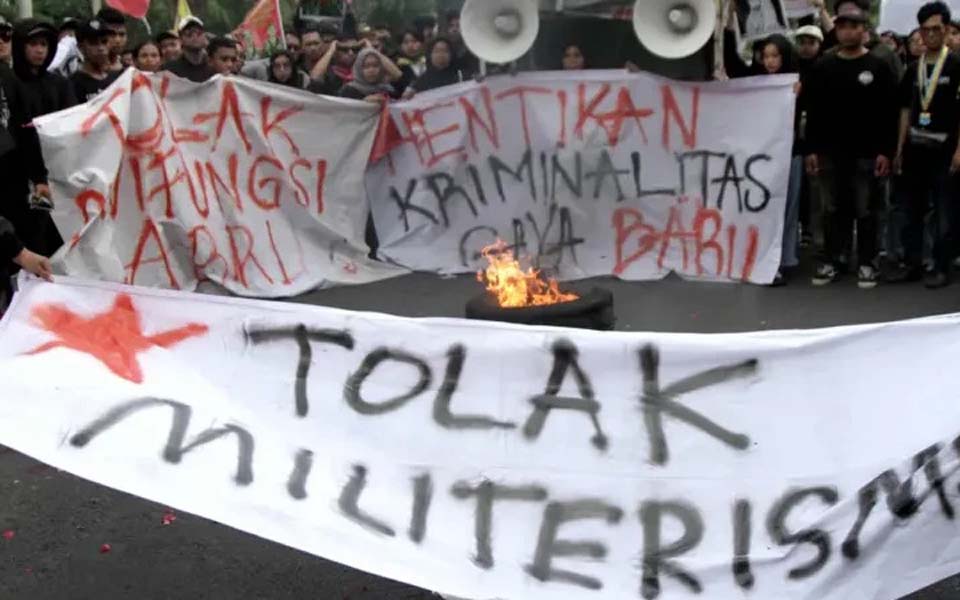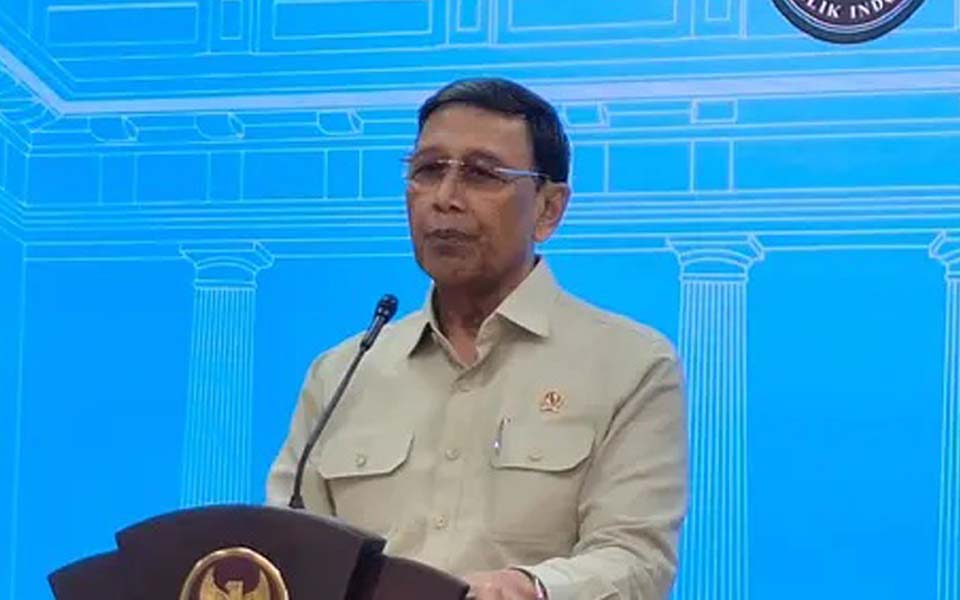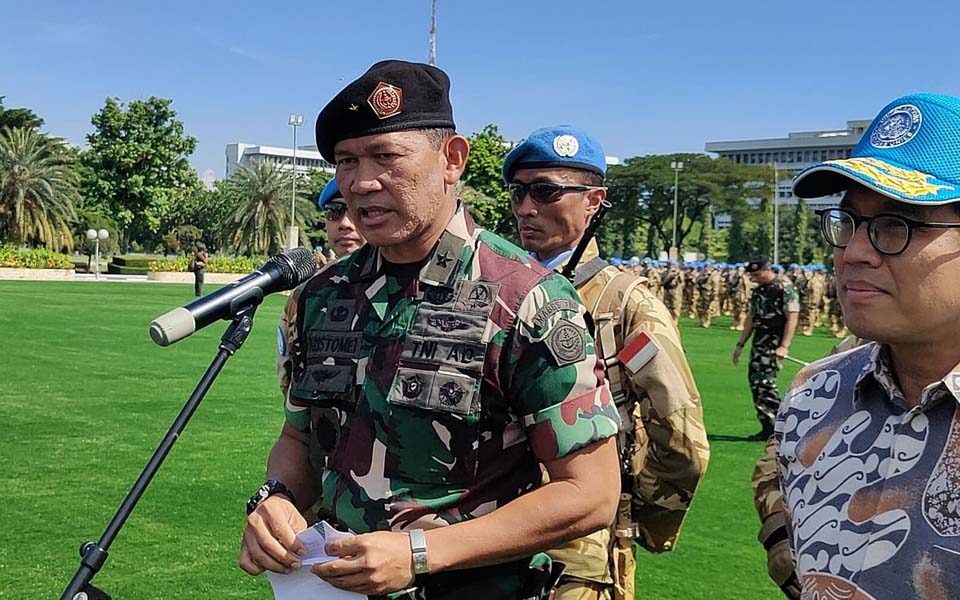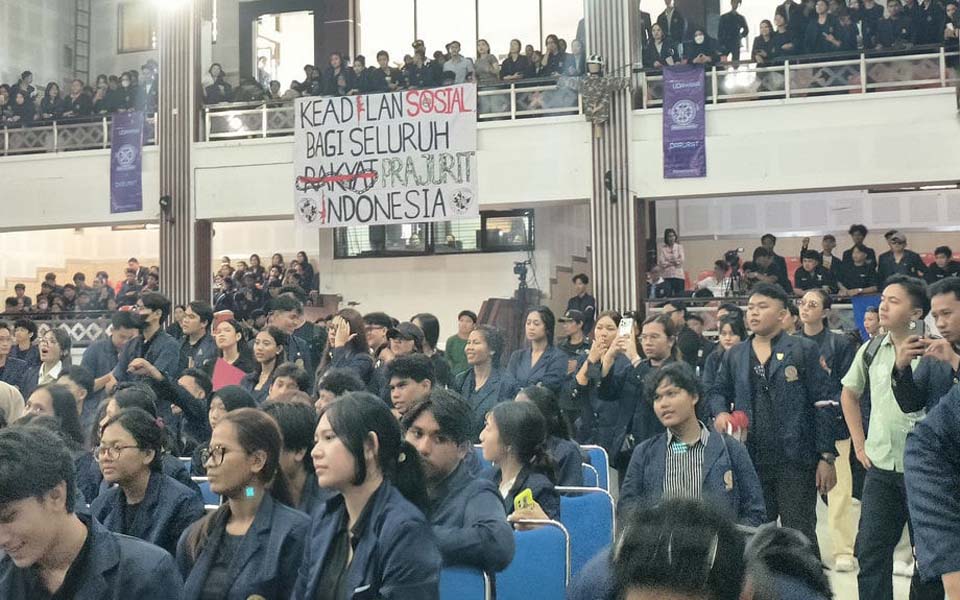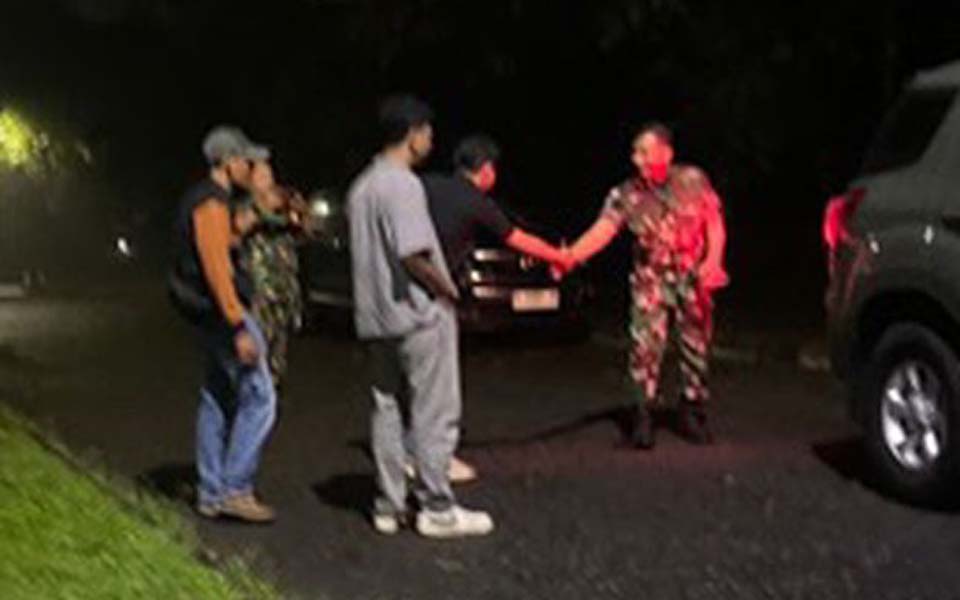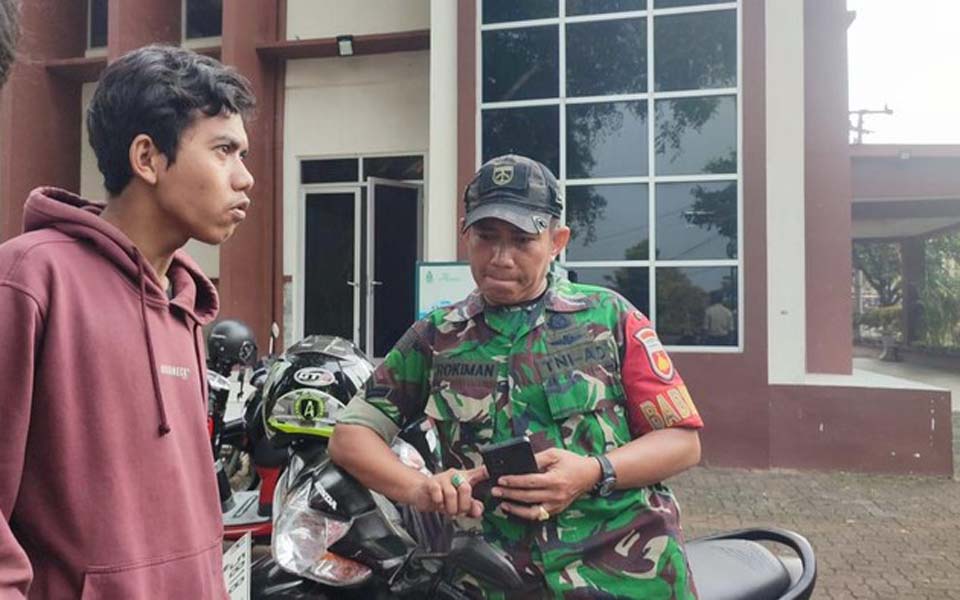Banda Aceh – The Indonesian Legal Aid Foundation (YLBHI) opposes the current discourse on the reactivation of the territorial commands (Koter) by the TNI (Indonesian military) as a response to President Susilo Bambang Yudhoyono’s instruction to the TNI to assist in combating terrorism.
This is bearing in mind the experience of the New Order where the presence of the TNI from the national level (TNI headquarters), Kodam, Korem, Kodim, Koramil and even Babinsa1 became a tool to control and limit political space. It is this social and political function of Koter that is of concern, that it will return Indonesia to the era of authoritarianism under the New Order.
In a press release received by Aceh Kita, YLBHI said that Koter does not have to be reactivated in order to monitor terrorist activities. The prevention of and tacking of terrorism can be left to police who in fact also have a structure down to the village level along with the government bureaucracy down to the community and neighborhood units (RT/RW).
YLBHI believes that the penchant to revive the TNI’s regional influence as it existed in the era of the New Order became even more apparent when the Jakarta regional military commander, Major General Agustadi Sasongko Purnomo, asserted that the TNI would reactivate 1,680 Babinsa throughout Jakarta. The plan to reactivate Koter continued YLBHI, represents the military’s mistrust and reluctance to surrender matters of maintaining security to the civilian authorities.
“The empowerment which must be carried out should not be the empowerment or reactivation of Babinsa, rather the empowerment of the functions of security and public order by the police along with strengthening community policing by the public”, said YLBHI’s director of civil and political rights, Donny Ardyanto, in a press release received by Aceh Kita on Tuesday October 11.
It is because of this said Ardyanto, that YLBHI is making three recommendations: Firstly, a national security system must be setup in accordance with Indonesia’s geopolitical conditions, which covers national defense and internal security.
In addition to this, YLBHI is recommending that there must be an optimization of the intelligence institutions by improving coordination between the existing institutions along with coordination between intelligence institutions and the national police to spearhead the enforcement of law and security. The final recommendation meanwhile is that in coordinating with the public in tackling terrorism it must continue to prioritise the police in the application of community policing.
The minister of defence, Juwono Sudarsono meanwhile, has said that reactivating the territorial commands will assist the national police in confronting the threat of terrorism and there is no need for recent concern over the issue.
”This time round it will not be a repeat of the Koter of the past era which supported a particular political party. Koter will assist the national police in [combating] terrorism”, explained Sudarsono following a political and security working meeting at the department of political, legal and security affairs in Jakarta on Tuesday October 11. [dzie]
Notes:
1. The TNI’s territorial command structure mandates the deployment of military command posts and detachments at all levels of the civil administration: provincial, district, sub-district and village. This structure provides the organisational framework for the TNI to act as a political security force at all levels of society. The five respective commands are: Kodam – Komando Daerah Militer, Regional Military Command; Korem – Komando Resort Militer, Military Command at a level below the residency; Kodim – Komando Distrik Militer, District Military Command; Koramil – Komando Rayon Militer, Sub-District Military Command (Kecamatan) level and; Babinsa – Bintara Pembina Desa, Noncommissioned military officer posted in villages and wards and affiliated with the civilian administration.
[Translated by James Balowski.]







